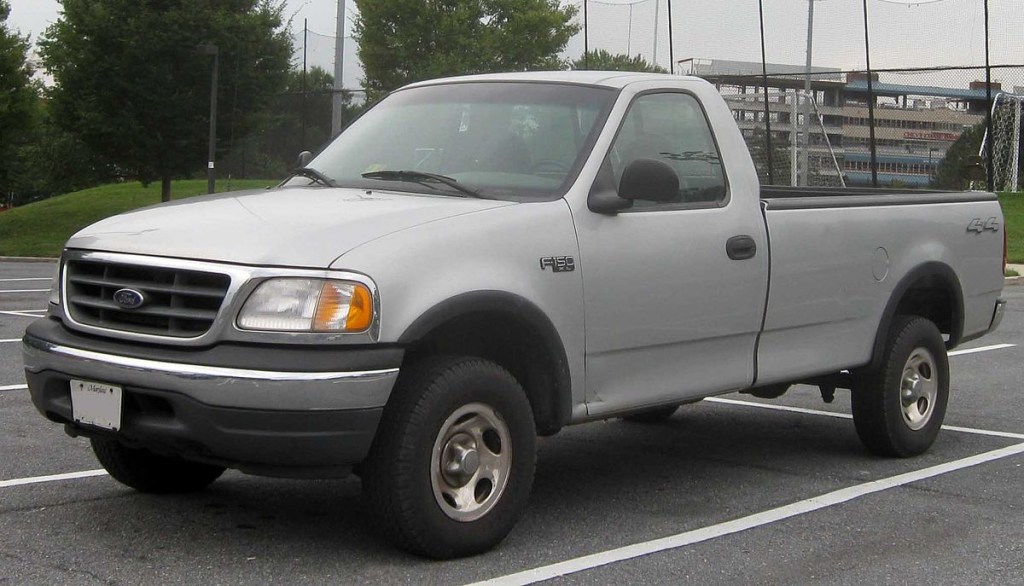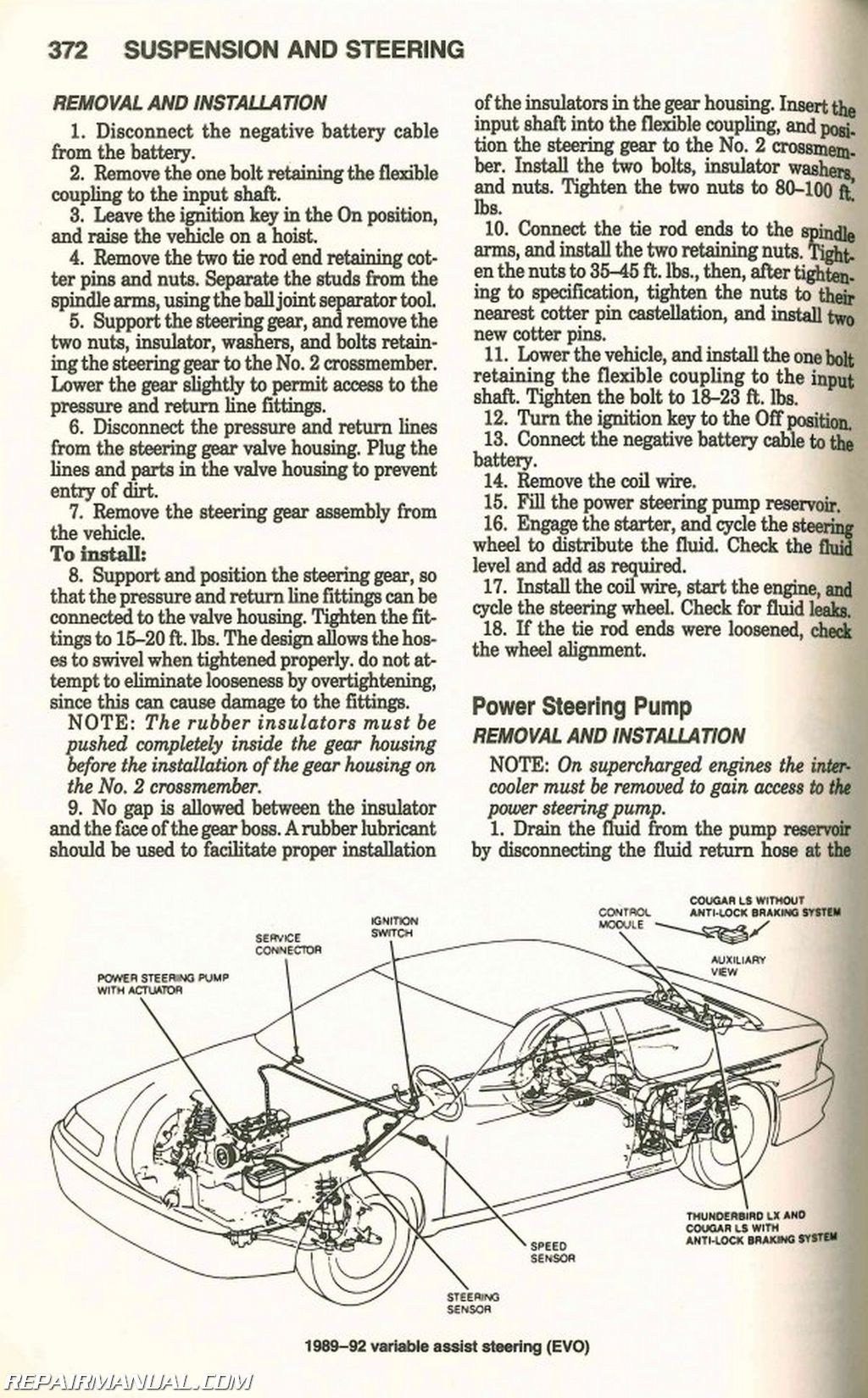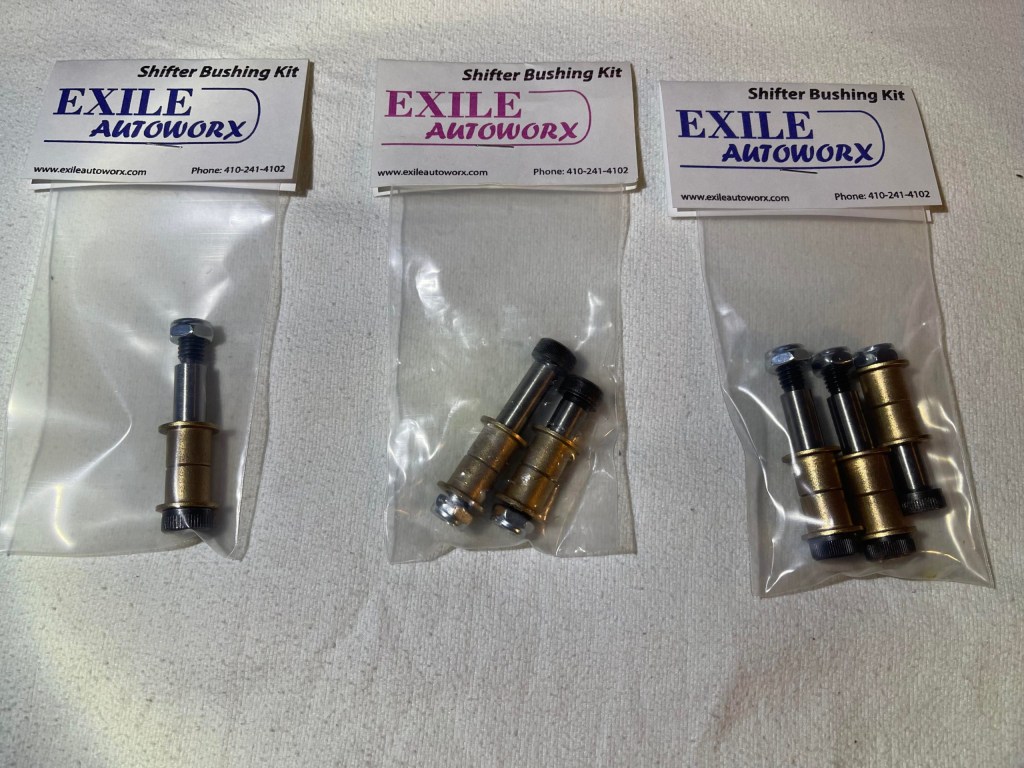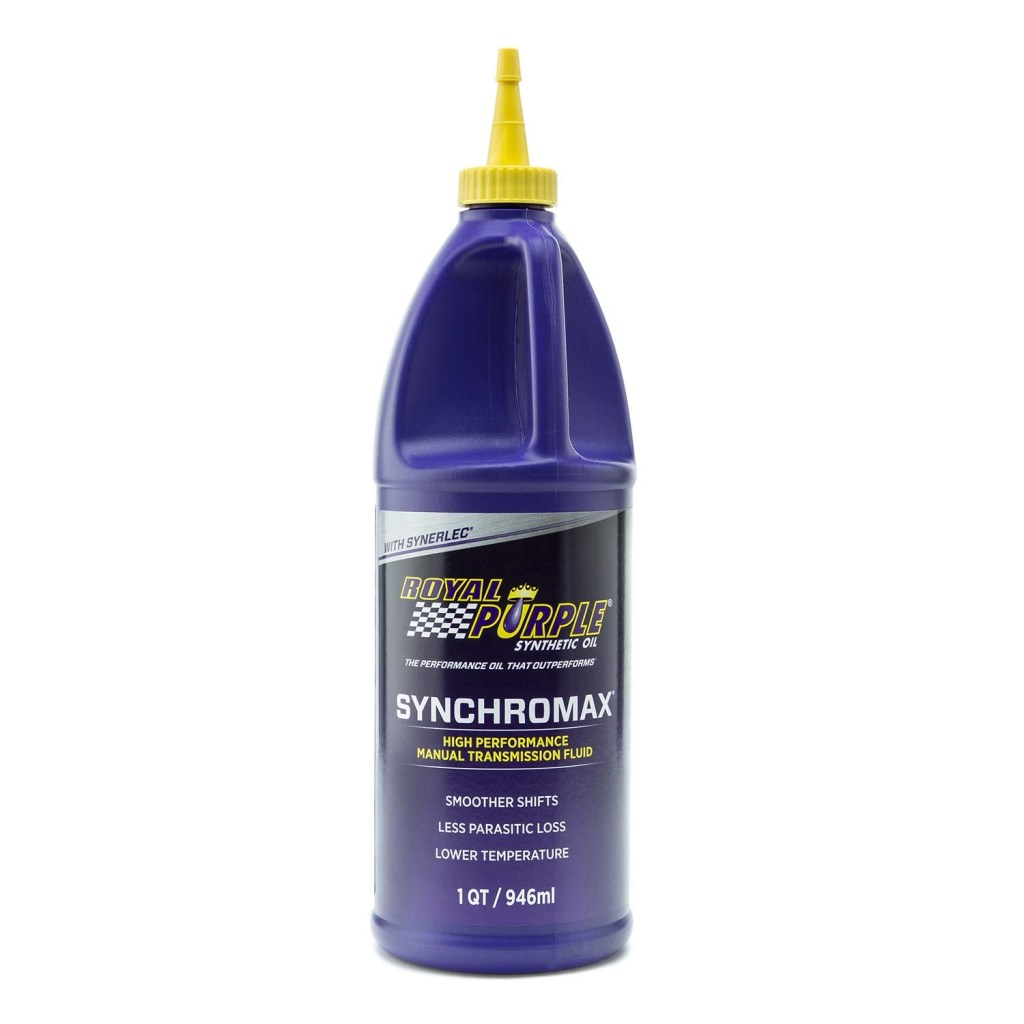: 10 Mistakes that Most People Make
Mar
30th
Unlocking the Potential: Navigating the World of Cryptocurrencies The realm of cryptocurrencies has intrigued investors, technocrats, and commoners alike, completely reshaping the financial domain. But if you're new to this digital frontier, understanding cryptocurrencies may seem daunting at first. See, [url]click for more[/url] info about this! In basic terms, cryptocurrencies are digital or virtual currencies that employ cryptography for security…








